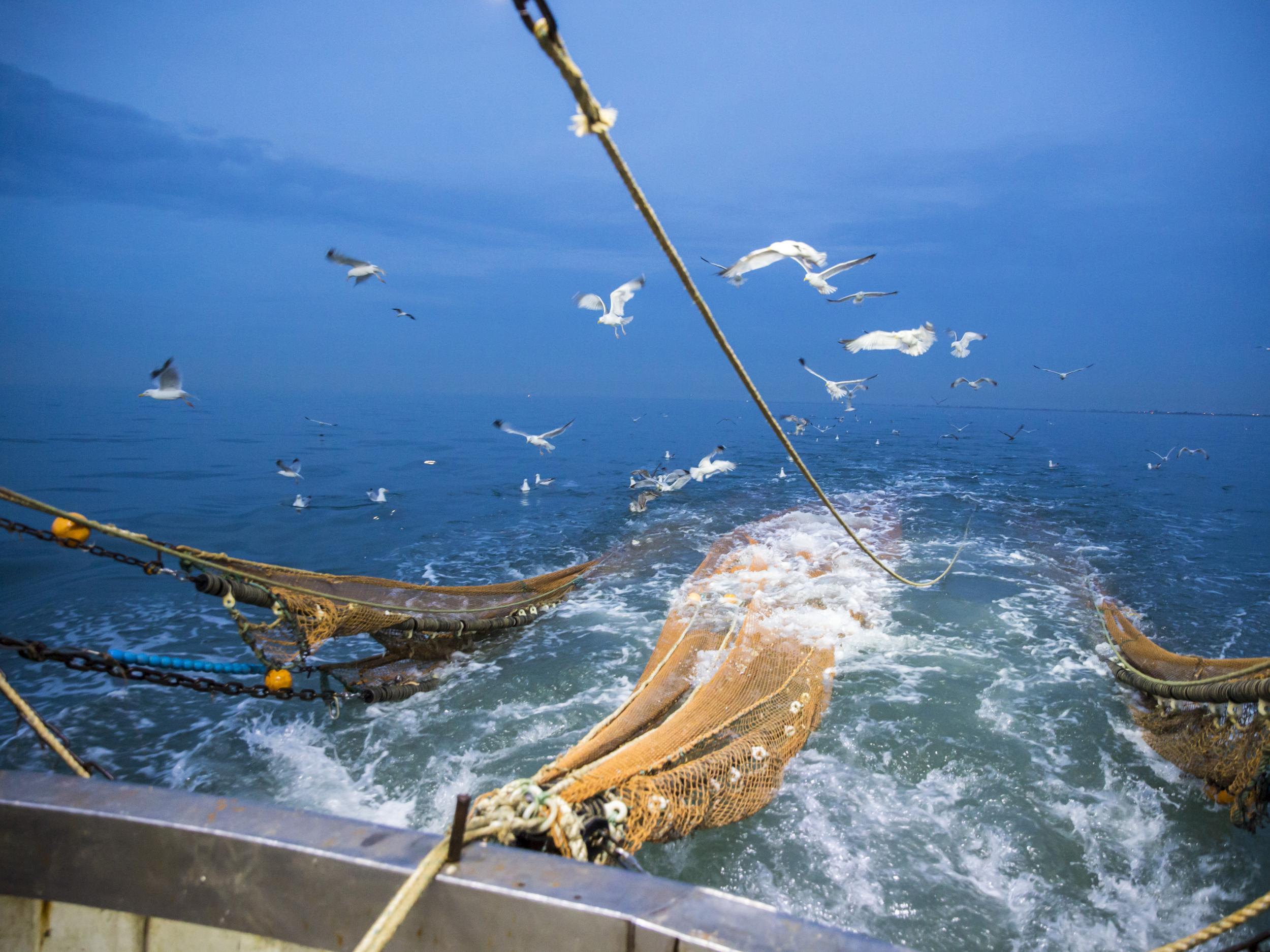Why Nick Boles’ Norway model for Brexit is no plan B at all
The idea that the UK will be able have full control of its fishing waters is an illusion. We currently export up to 75 per cent of our fish to the EU

Conservative backbencher Nick Boles’ call for a Norway-style agreement as a “plan B” if the prime minister’s Brexit deal fails to pass parliament is not a good outcome for UK fisheries. In his article in the Financial Times, Boles claims that a Norway-style agreement would mean that the UK “would be in the single market” but “outside of the common agricultural and fisheries policies – able to operate an independent coastal state”. While I admire Boles for trying to salvage our single market membership, the claim that we would be independent of EU fisheries policies is very misleading.
Norway, while not in the Common Fisheries Policy (CFP), has a separate bilateral fishing agreement with the EU. The main condition of that agreement is that Norway has to allow EU trawlers to fish in Norwegian waters, in order to avoid paying tariffs on the majority of its fish exports to the EU.
Norway has negotiated duty-free trade on most its whitefish products, yet on fresh salmon it pays a 2 per cent tariff and 13 per cent on smoked salmon. There are also other tariffs Norway pays on shrimps, mackerel, herring and great scallops. It’s no great surprise that the UK is currently the largest exporter of mackerel to the EU, hence its insistence in CFP negotiations that Norway pays a hefty price to export this fish into the EU’s market.
While the CFP is not perfect, it is the best way to get European countries to sit around the table and jointly manage fish stocks (which by their very nature do not follow national frontiers). Let us not forget that in the 1970s, the UK was involved in three so-called “Cod Wars” with Iceland over fishing rights off the Icelandic coast.
The result of this conflict, which required the mediation of Nato, was the UK signing an agreement, which set a 200-mile no-fishing zone around the coast of Iceland giving limited fishing rights to 24 UK trawlers. The Cod Wars with Iceland are a relic of a bygone era when the UK unsuccessfully pursued an independent fisheries policy that resulted in military conflict. The EU will want to avoid at any cost going back to this era, which would have serious implications for the continuity of the CFP and drive divisions between its members.
Being in the European Free Trade Association (Efta) with Norway might gain us limited leverage in negotiating down some tariffs on UK fish exports to the EU. But the idea that the UK will be able have full control of its fishing waters is an illusion. We currently export up to 75 per cent of our fish to the EU.
If we want that market access to continue, we will have to accept a certain degree of alignment to the EU’s common fisheries policy. Nick Boles, a Lincolnshire MP, knows this all too well. It was just last year that the fishing town of Grimsby sought an exemption from paying tariffs to the EU for exporting its fish after Brexit. However, for some unknown reason, too many MPs still do not understand that market access to the EU requires cooperation over fish stocks. I am not making this up – from the conversations I have had in European parliament and reading French president Macron’s comments from last weekend, it is very clear that there is a big fight ahead over fishing rights.
The Norway deal only demonstrates the lunacy of Brexit. Leaving the common fisheries policy means losing our influence over how 27 EU countries manage their fish stocks. We lose our MEPs on the European Parliament Committee on Fisheries and we lose our ministers in the EU Council. It’s clear that there is no good Brexit deal – the sensible, democratic option now is to put this deal back to the voters with a Final Say which includes the option to remain.
Catherine Bearder is a Liberal Democrat politician and MEP for South East England

Join our commenting forum
Join thought-provoking conversations, follow other Independent readers and see their replies